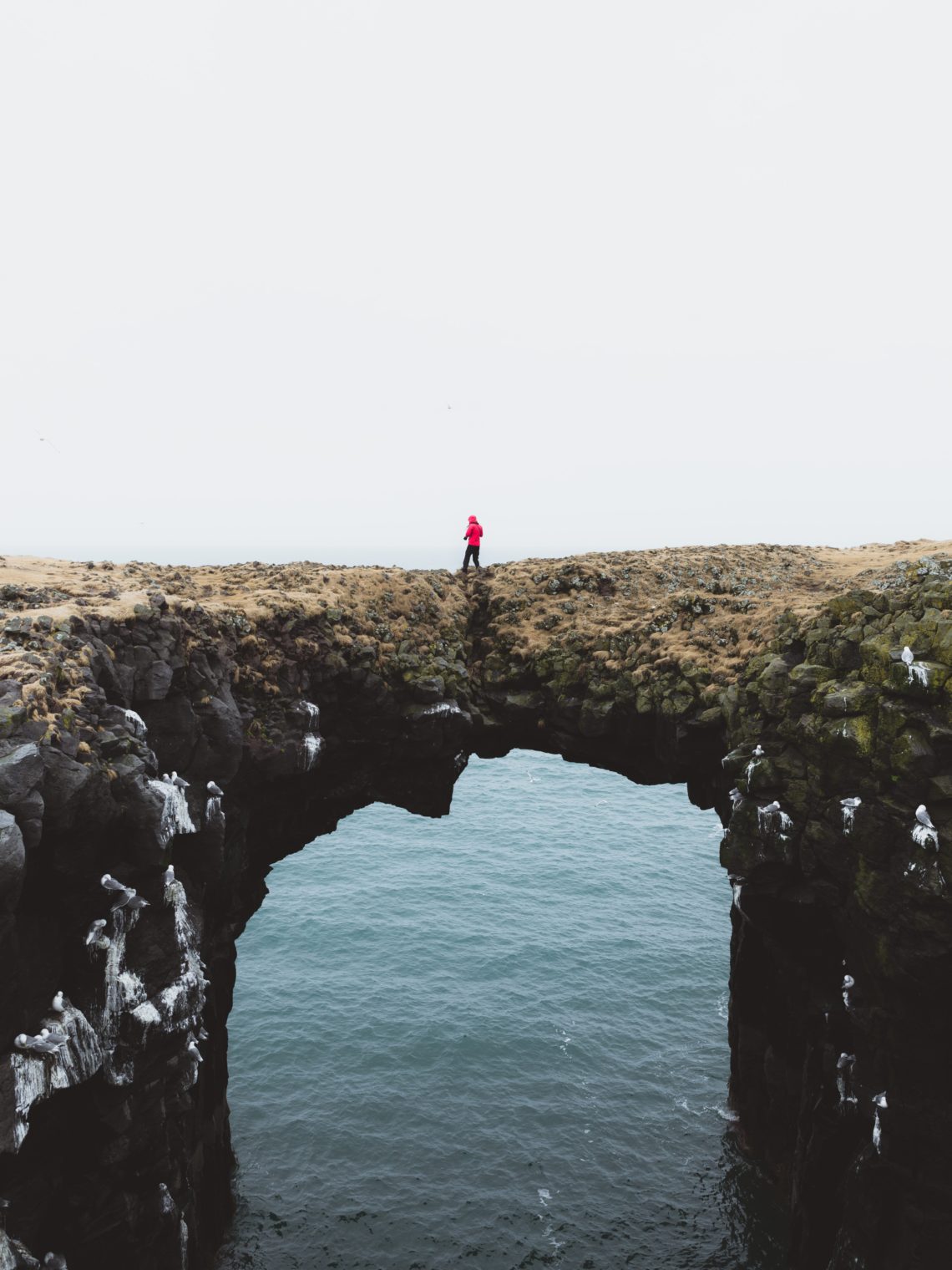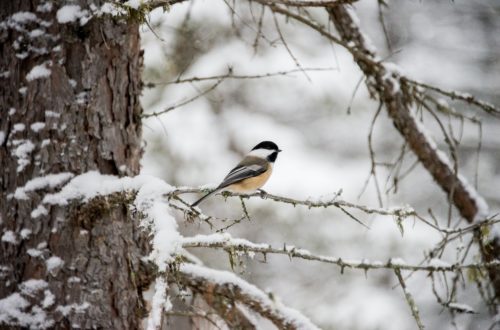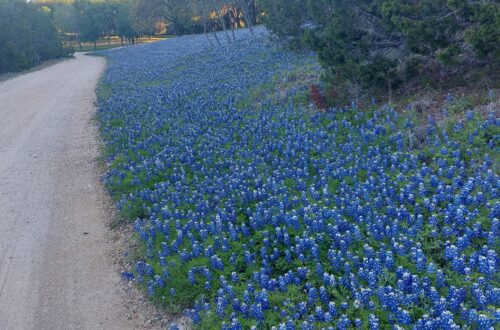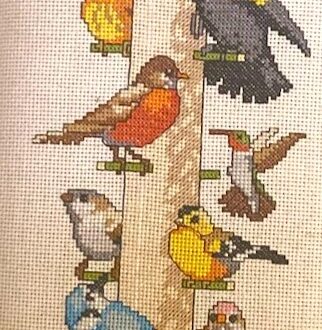
Mind the Gap Revisited: Stand in the Gap
As I think again about the admonition to Mind the Gap and my reflections on it (published 11.1.19 in Awareness), the idea about gaps and separations could bear more scrutiny. I recall an old and dire pronouncement about gaps that comes from that intrepid prophet, Ezekiel, who described a time when God looked for a strong, righteous person to Stand in the Gap in order to help save a people from destruction… and in these verses, unfortunately God found no one (loosely paraphrased from Ezekiel 22, specifically 22:30 KJV). I hope that bleak scenario is not true of me today, though I sense that the danger of failing to stand up with courage and righteousness is still just as real in my 21st century life as it was in Ezekiel’s 5th century one. What strikes me about this story is how personal it is. God didn’t ask for an entire people to respond to the plea for uprightness, honor and reverence. God asked for just one person. If only one person had stood up and been willing to act with righteousness, destruction and sorrow, grief and despair would have been avoided. One person would have made the difference… One person, one action. I wonder– Did that individual have to possess saint-like qualities, or would an ordinary, flawed person do? What sort of action was necessary? How small a deed or how significant? Did it have to be something truly heroic, epic, or something outstandingly decisive? Did it need to involve a public pronouncement, a rally, a revolution? Could a solitary voice have made the difference? One cup of water, one hand reached out, one refusal to join in with the status quo? While the Bible story is pretty clear about the heinous deeds that those long-ago people were committing, strangely it doesn’t say exactly what that lone righteous person would need to do. It asks only that he
[or she, I’m adding]
– Stand in the Gap, an open-ended imperative if ever I heard one. Gaps are, after all, dangerous places whether on the London underground or in the midst of our lives. And Standing in the Gap requires movement and action. When we see gaps, between who we wish we were and who we are, between what is and what could be, who are we called to be? What are we called to do?
Standing in the Gap on behalf of an entire people is a BIG responsibility, but in this example at least it narrows down to a single individual who Sees, who Stops, who Listens and who Acts. People who Stand In the Gap do have a significant and far-reaching influence. History is rich with those stories. A Dutch woman, Corrie Ten Boom, hid Jewish families during WWII and when betrayed and arrested, stood firm in her faith in Ravensbruck concentration camp. On one ordinary day in 1955, Rosa Parks refused to sit at the back of a city bus. Fred Rogers objected to the quality and violent nature of many children’s TV programs, and in 1968 created a show filled with kindness and compassion. In recent years, a young Malala Yousafzai began to blog about girls’ education. Gaps gape open, revealing huge chasms between belief and reality, between intention and action. Gaps are also small, hidden in the fabric of everyday life, waiting to be filled. Yet they all reveal something that is missing, or someone who is missing. Someone who is willing to See, to Stop, to Listen to an inner prompt, and to Act.
A history lesson on modern-day heroes does not fully capture the meaning of Standing in the Gap today, and so I return to the story from Ezekiel for additional insight. Since the story asks for a personal response, I think I’ll make it personal. I recall people in my own world who Stand In the Gap, courageously speaking and acting when injustice looms. Standing in the Gap is my dear friend who refuses to back down to people who want to censor or ban children’s books that portray diverse families. Standing in the Gap is a woman who speaks at a local university, courageously telling her story of sexual exploitation happening today in the midst of suburban and rural life. A minister responds to the poverty in his town and Stands in the Gap by organizing a city-wide food bank. A gifted artist Stands in the Gap as she makes the faces of abuse victims real and personal through the creation of sensitive portraits. I need not look to history to find those who Stand In the Gap. They surround me every day.
These examples hit closer to home, but I sense the Spirit pushing me to link myself more personally to this Biblical story. I must examine my own history, and my own actions. When have I Stood in the Gap? Oddly, a long-buried story from my past floats into my consciousness. As a young teen, I was a part of a school car pool arranged by neighborhood moms that devolved into something else entirely. As we rode along each morning, the girls in that car ridiculed and skewered others with sharp tongues and cruel laughter. It was our small-town version of today’s Mean Girls. Nowadays we call that bullying– then I only knew that it was wrong and that I was miserable as I listened to them and acting as if I could not hear their razor-sharp words. My own attempts to speak up were met with derision. I was a part of something ugly. Before me, there loomed a gap between who I was and who I was in danger of becoming. Acting, however, was tough, as my painful social shyness and pre-teen angst gave me convenient excuses to be a bystander. Should I ignore it? Continue to listen passively, as I typically did? This time, however, I did something. Instead of pretending that I just wanted to change the arrangements, I told my mother the truth about what was happening. And together, my mother and I stood in the Gap that day. She Saw my dilemma. She Stopped. She Listened. She Acted. She called her neighbor (also a good friend) and said I would no longer be part of the car pool. She never pressured me, tried to smooth things over or put her own friendships above her daughter’s need. As for me, I made a plan to ride to school with my dad, arriving each day two hours before the first class. I left that group of girls. I found other friends. I Saw that gap. I Stopped. I Listened to the inner call to conscience. I Acted. I never once regretted it.
Why was my memory jogged into recalling such a brief incident, one that I haven’t thought about in years? I don’t presume to compare Ten Boom’s or Parks’ or Rogers’ or Yousafzai’s courage to my own. They had much to risk and often paid a steep price for their stances. Their stances continue to ripple through history to the present day. Standing in the Gap in my case seems pretty insignificant: One day in a small town in Texas, a 13 year-old girl refuses to ride in a car pool. She sacrifices some sleep and comfort and friendships and changes direction. A small thing and not a particularly noble one, certainly, but it is the first memory I have of finding my voice, of taking a stand and making a deliberate change. It shaped me and as the years have rolled on, it planted the seed of boldness and the courage of conviction that have enabled me to act in much more difficult circumstances. Decades later, my ability and willingness to Stand in the Gap still needs nurturing and renewing each day.
Who will Stand in the Gap? The ancient question is asked of all of us. It can be heard through the centuries and still resounds today. More personally, I know the question is asked of ME. I can’t dismiss it as a verse memorized from scripture, or something lost in a history book, or a memory dredged from my girlhood. Minding the Gap, seeing a problem, a separation, is not enough. It is necessary. It is a first step. It is never enough. Standing in the Gap, aaah well, that requires something different. Just as it was for our ancestors, Standing in the Gap is not truly a collective action. It is intensely personal, and that means there is something that only I can do. Something that seems trivial? Perhaps. Something that will never be written about or deeply influential? Probably. Something meaningful and necessary? Absolutely.
I am still offered this opportunity, every day, every moment. Standing in the Gap is simultaneously a call and a hope and a directive. It is the call to DO something that MEANS something. It is a challenge that requires someone, somewhere, sometime to respond to God’s imperative… I cannot escape the fact that I am that someone. I See a gap. I Stop shifting responsibility to others. I Listen for guidance. I resolve to Act, to Stand in the Gap. I may not save a people from destruction, but I can fill a space, a God-shaped space, that is uniquely mine to fill.
Reflection Questions:
Recall an action in your past, no matter how insignificant it may seem, where you stood up for someone (including yourself) or something, fueled by the courage of your convictions or your sense of rightness. How does this memory relate to your current life and beliefs? Ezekiel delivers a message describing God’s hope for the possibility of righteousness to people who have forgotten how to honor their God and each other. Where do you feel hope? What opportunity to Stand in the Gap is before you today?





One Comment
Nita
Bravo!! What a tremendous word of courage for our challenging, tumultuous times when we all need strong voices and brave hearts. Thank you for this bold and compassionate message!!